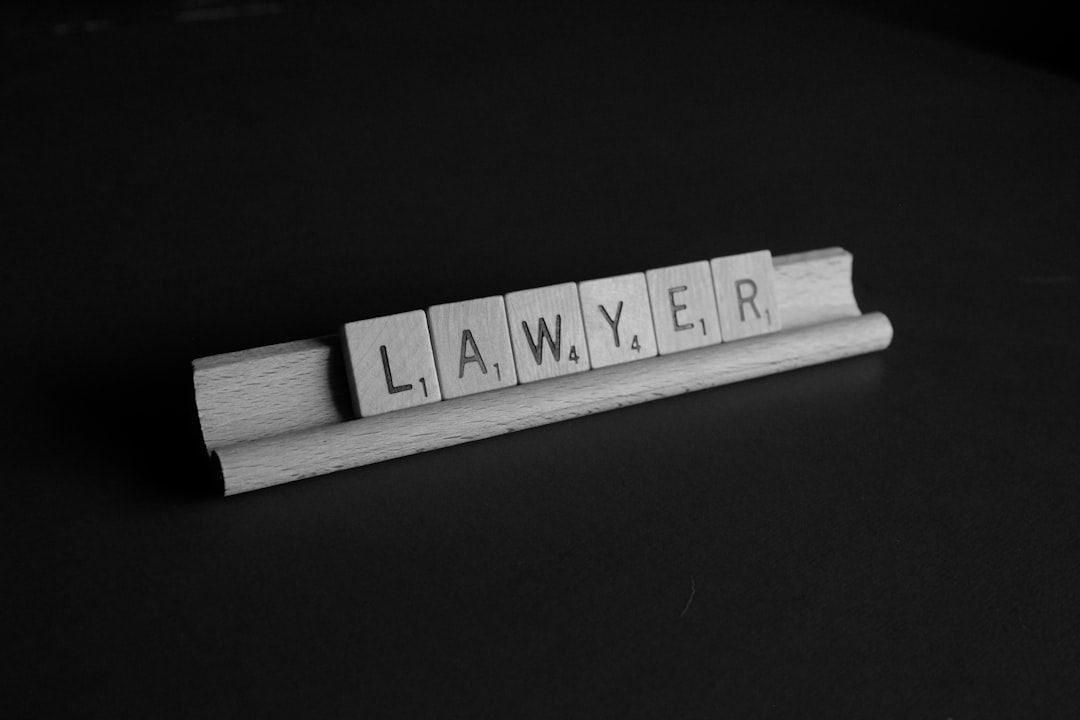Spam call lawyers Massachusetts are addressing a growing concern as unwanted text messages and calls plague residents. Advancements in technology have made it easier for spammers, leading to increased litigation focused on accountability and protection. Key cases like Commonwealth v. Harris (2010) and Madden v. MIT (2013) established legal precedents, strengthening consumers' rights against intrusive communications. Spam call lawyers specialize in navigating these changes, guiding clients under regulations like the TCPA and helping to curb nuisance calls for Massachusetts residents. As technology evolves, these specialists remain vital in promoting fair marketing practices.
In the digital age, spam text messages and calls have become a persistent nuisance for Massachusetts residents. This article delves into the historical evolution of spam litigation within the state, examining key legal developments and landmark court cases that shaped the landscape of unsolicited communication regulation. From early efforts to combat disturbing trends to recent legislative changes and the vital role of spam call lawyers in Massachusetts, we explore the past, present, and future of consumer protection against digital pests.
The Rise of Spam Calls and Text Messages in Massachusetts

In recent years, Massachusetts residents have faced a growing issue with spam calls and text messages, leading to an increase in legal actions against relentless spammers. As technology advances, so does the method of unwanted communication; today, spam calls and texts have become a ubiquitous nuisance across the state. With just a few clicks, thousands of recipients can be bombarded with promotional offers, scams, and misleading advertisements, often disguised as legitimate messages. This surge in spam activity has prompted many Massachusetts residents to seek legal recourse through the help of specialized spam call lawyers Massachusetts.
The ease and cost-effectiveness of automated dialing and messaging systems have encouraged spammers to target a vast number of people simultaneously, making it increasingly difficult for individuals to opt out or stop these relentless messages. As a result, Massachusetts has witnessed a rise in litigation aimed at curbing this nuisance, with cases focusing on holding spammers accountable and protecting consumers from invasive and deceptive practices.
Early Legal Efforts to Combat Unsolicited Communications

In the early 2000s, as the digital age took hold, so did the deluge of unsolicited communications in Massachusetts, with spam calls and texts becoming a growing nuisance for residents. This surge prompted the first legal efforts to combat these intrusive messages. The state’s attorneys general office took an aggressive stance against spammers, utilizing consumer protection laws to file suit against companies sending mass, unwanted text messages. These early cases set a precedent, establishing that unsolicited communications could be regulated and holding spammers accountable for their actions.
Spam call lawyers in Massachusetts played a pivotal role in these legal battles, arguing that such calls and texts invaded individuals’ privacy and caused emotional distress. Their efforts led to significant settlements and injunctions against spamming operations, sending a clear message to would-be violators. As technology advanced, so did the tactics of spammers, but the legal response adapted accordingly, ensuring Massachusetts residents remained protected from unwanted and invasive communications.
Key Court Cases and Their Impact on Spam Litigation

The history of spam text litigation in Massachusetts is marked by several key court cases that have significantly shaped the legal landscape for spam call lawyers Massachusetts. One of the earliest and most notable cases was Commonwealth v. Harris (2010), where a Massachusetts court ruled that sending unsolicited text messages without prior consent constituted an invasion of privacy. This decision set a precedent, making it easier for plaintiffs to pursue legal action against spammers.
Subsequently, Madden v. MIT (2013) further clarified the rights of individuals regarding unwanted communications. The court held that educational institutions, like MIT, could be held liable for allowing their facilities to be used for spamming activities. This case had far-reaching implications, encouraging better regulation and enforcement against spam call lawyers operating in Massachusetts.
Changes in Legislation and Consumer Protection Laws

The history of spam text litigation in Massachusetts is marked by significant changes in legislation and consumer protection laws, driven largely by the increasing prevalence and sophistication of unwanted communications. Over time, the state has enacted stricter measures to protect residents from spam calls, with a focus on empowering consumers and holding offenders accountable.
Spam call lawyers in Massachusetts have played a crucial role in navigating these legislative shifts. They’ve been instrumental in assisting individuals and businesses in understanding their rights under new regulations, such as the Telephone Consumer Protection Act (TCPA). These attorneys help clients discern legitimate communications from spam, ensuring compliance and providing legal recourse when necessary. The evolving landscape of consumer protection has made it increasingly important for residents to seek expert guidance in dealing with unwanted text messages, further underscoring the value of specialized spam call lawyers in Massachusetts.
Current State of Spam Call Lawyers in Massachusetts and Future Prospects

In the contemporary legal landscape of Massachusetts, “spam call lawyers” have emerged as a specialized and pivotal force in combating unwanted telemarketing practices. These legal professionals leverage a deep understanding of state laws, such as the Telephone Consumer Protection Act (TCPA), to protect consumers’ rights against intrusive and harassing calls. The current state of spam call litigation in the Bay State reflects an active and robust legal environment where victims of spam calls can seek recourse.
Looking ahead, the future prospects for spam call lawyers in Massachusetts appear promising due to the ever-increasing prevalence of telemarketing abuses. With technological advancements facilitating more sophisticated forms of unsolicited communication, the demand for experts who specialize in this domain is set to rise. As consumer awareness and legal protections continue to evolve, these attorneys are poised to play a pivotal role in shaping fair and transparent marketing practices, ensuring that Massachusetts residents enjoy peace from unwanted and nuisance calls.






